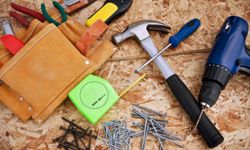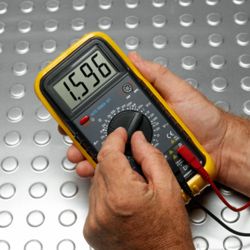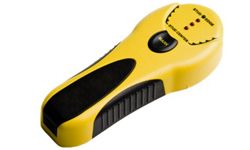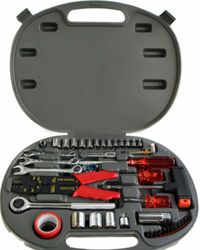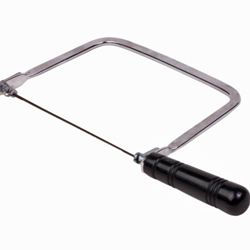Strap on your tool belt and grab your goggles. On the next few pages, we're going to take a look at 10 home repair tools you'll want to make room for in the garage. Every dedicated DIYer starts with a small but essential collection of tools and accessories that will help make maintenance chores and improvement projects look more professional and go together faster.
It's true that you can rent some of the tools you'll need, but if you anticipate using a tool more than a couple of times, consider buying it instead. Most tools require some getting used to as well as a little basic maintenance. Some will have quirks you'll be able to deal with better the more you use them. Although you may need to rent a large sander to refinish your wood floor (something you probably won't be doing again any time soon), consider building a collection of quality tools you can rely on for most of your home improvement projects. Chances are you'll do a better job with them and actually start working on those loose shutters a couple of weekends earlier than you would have otherwise.
Advertisement
